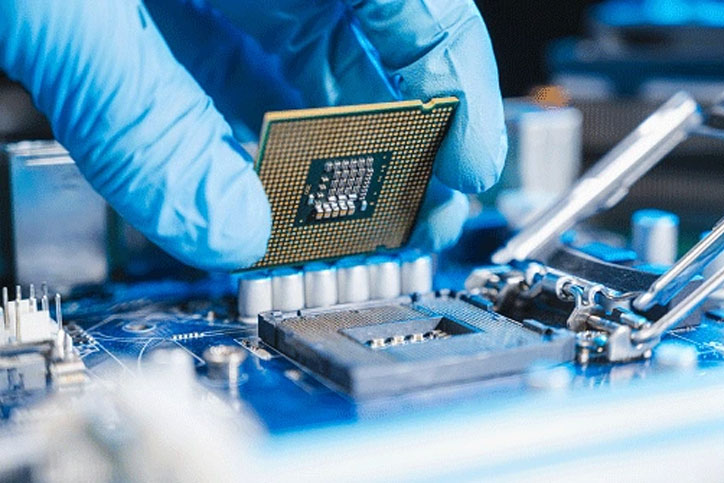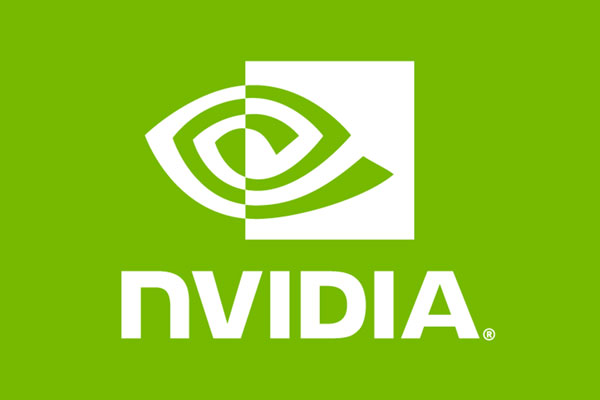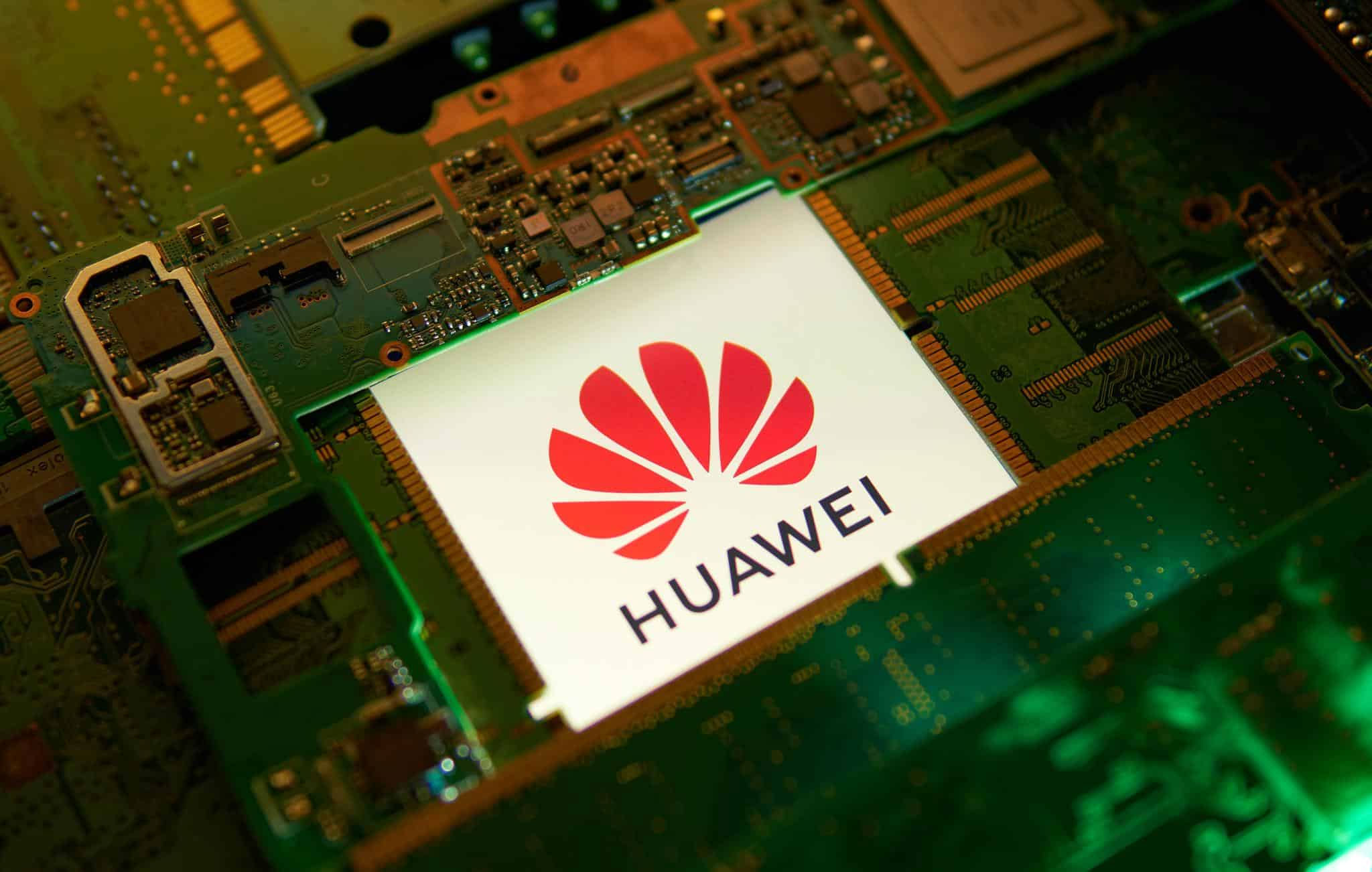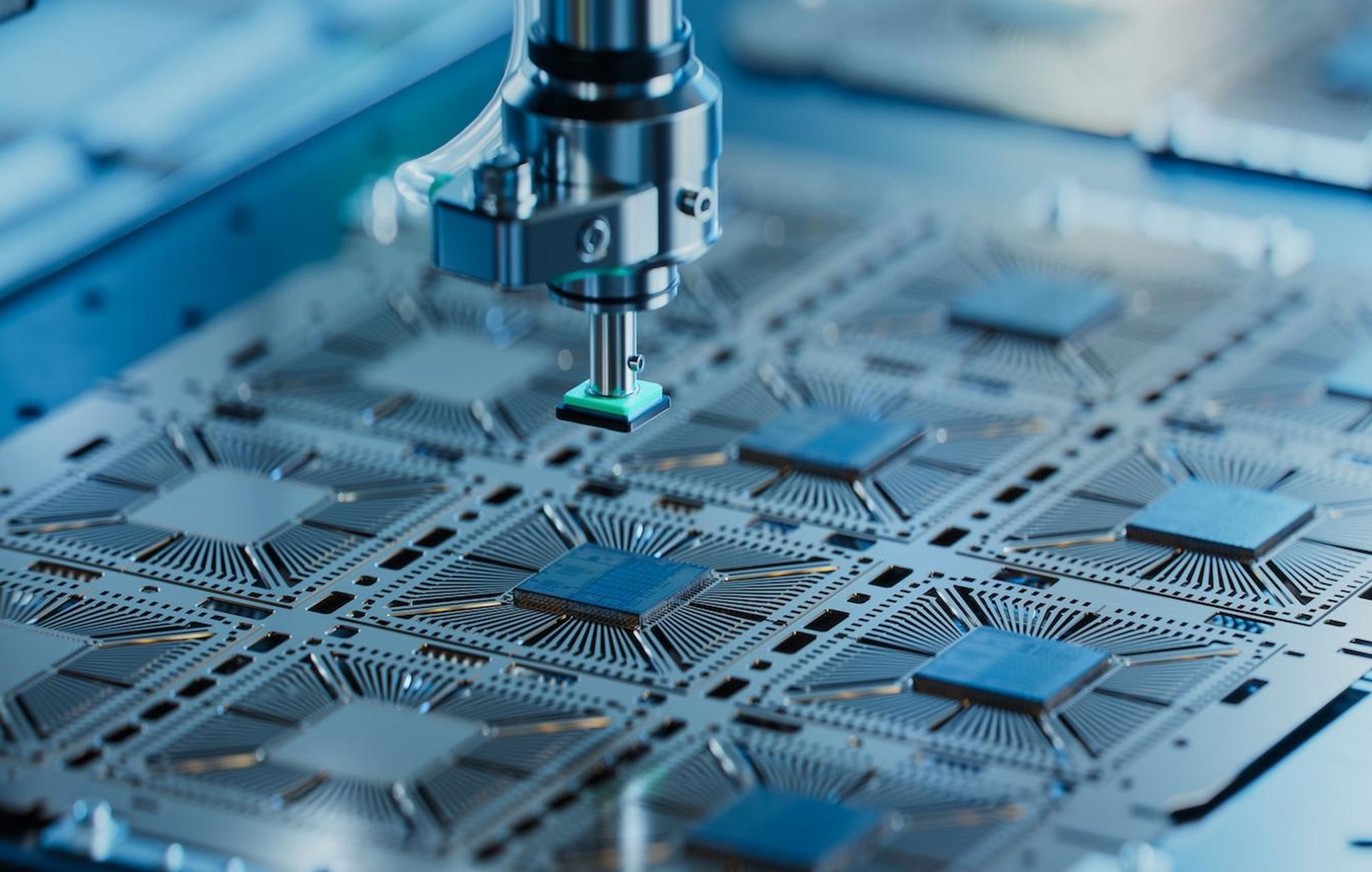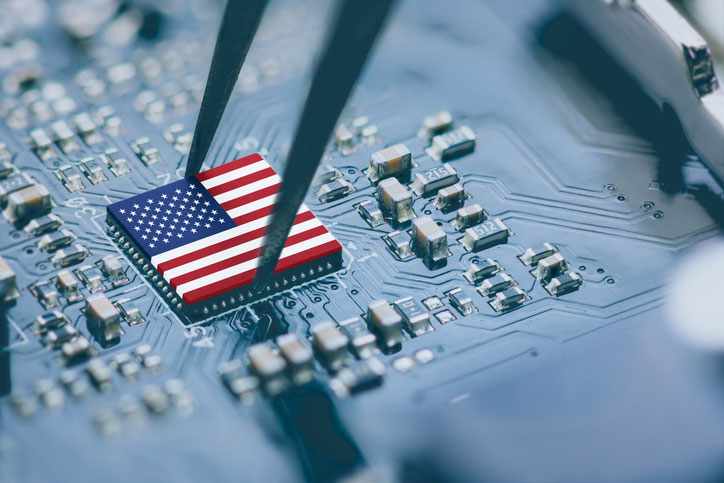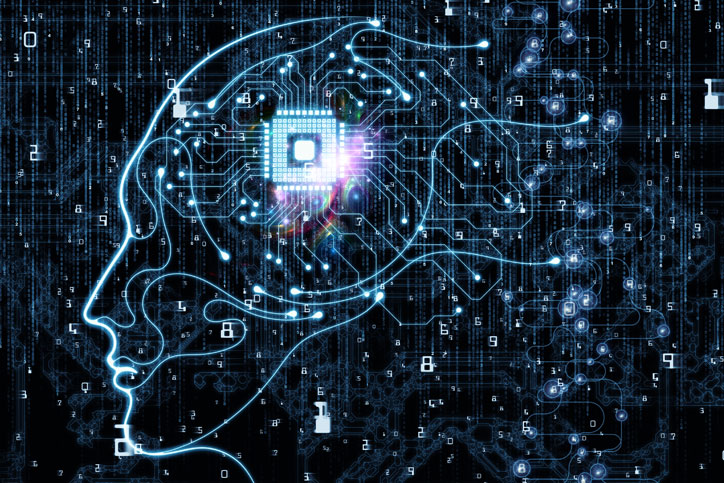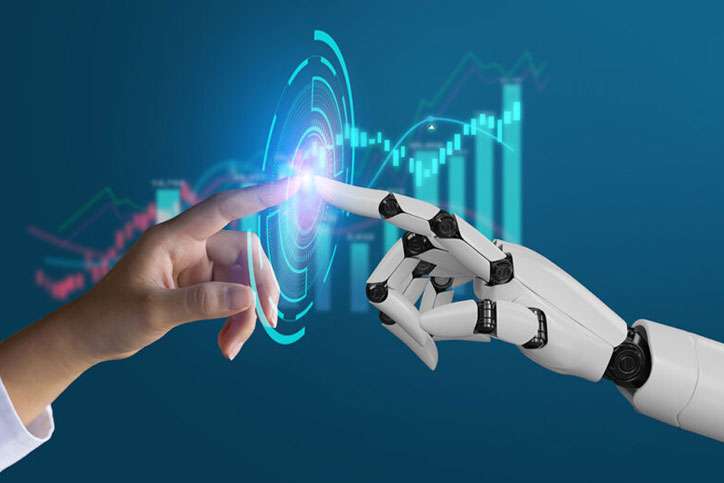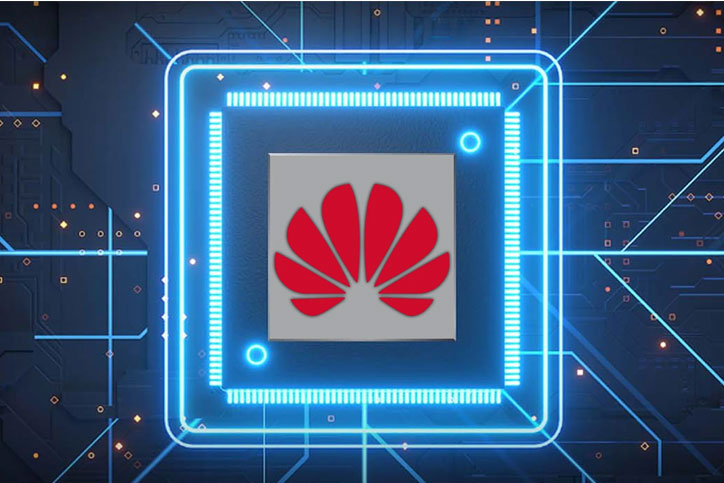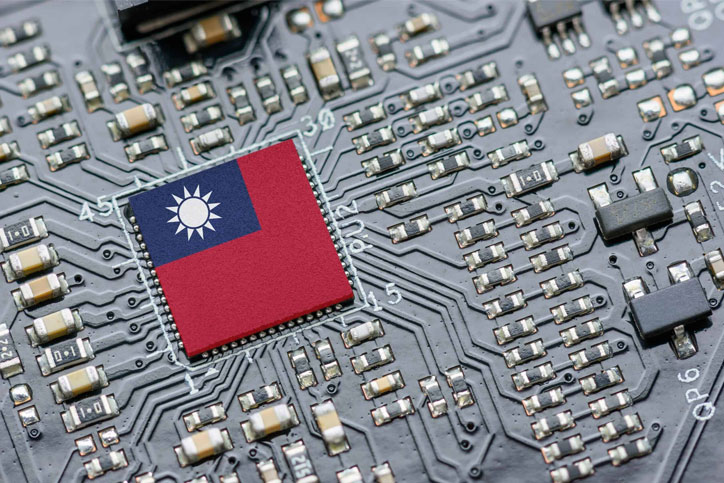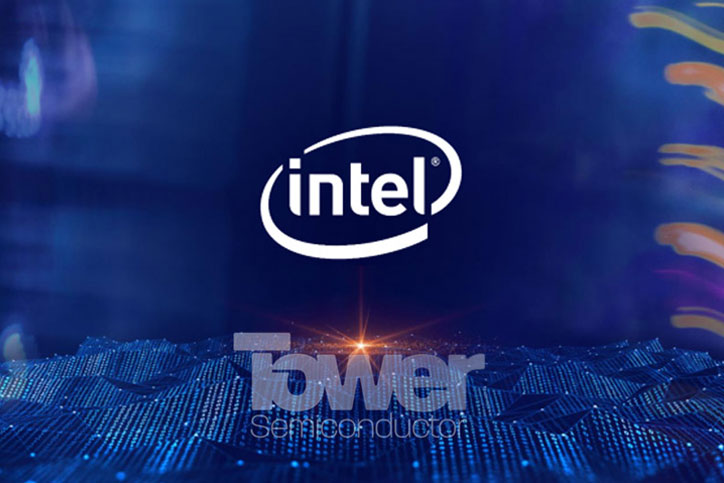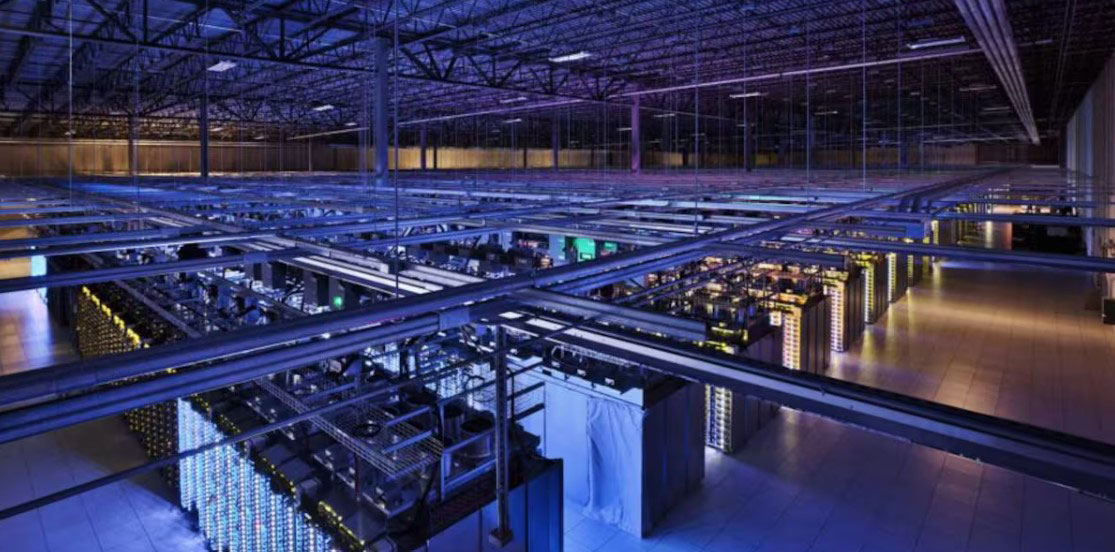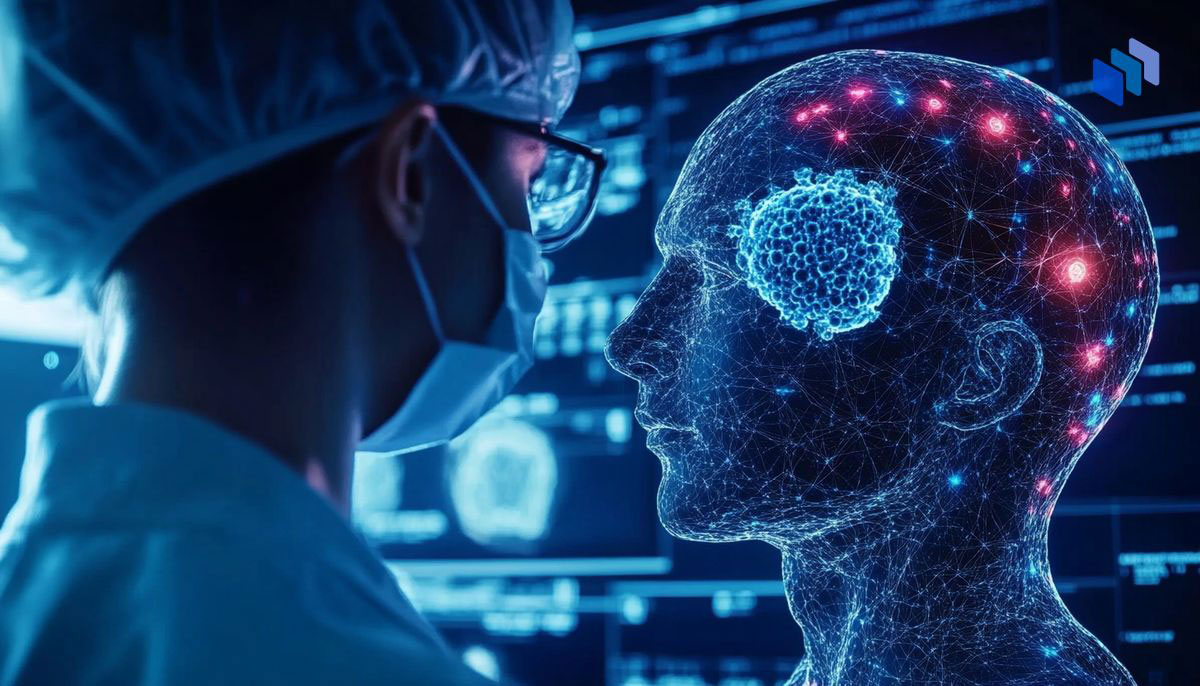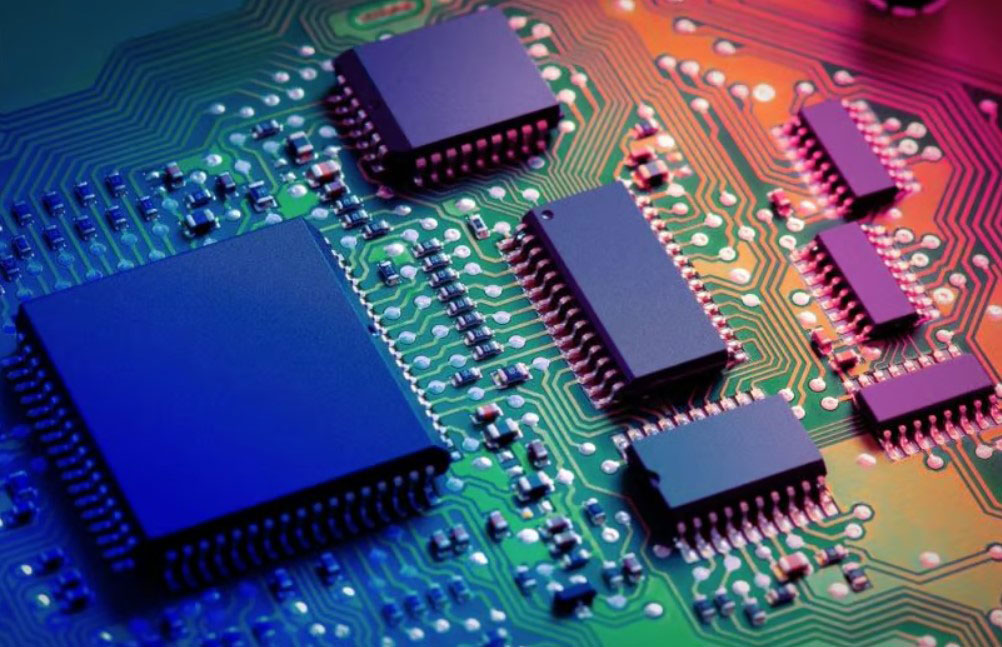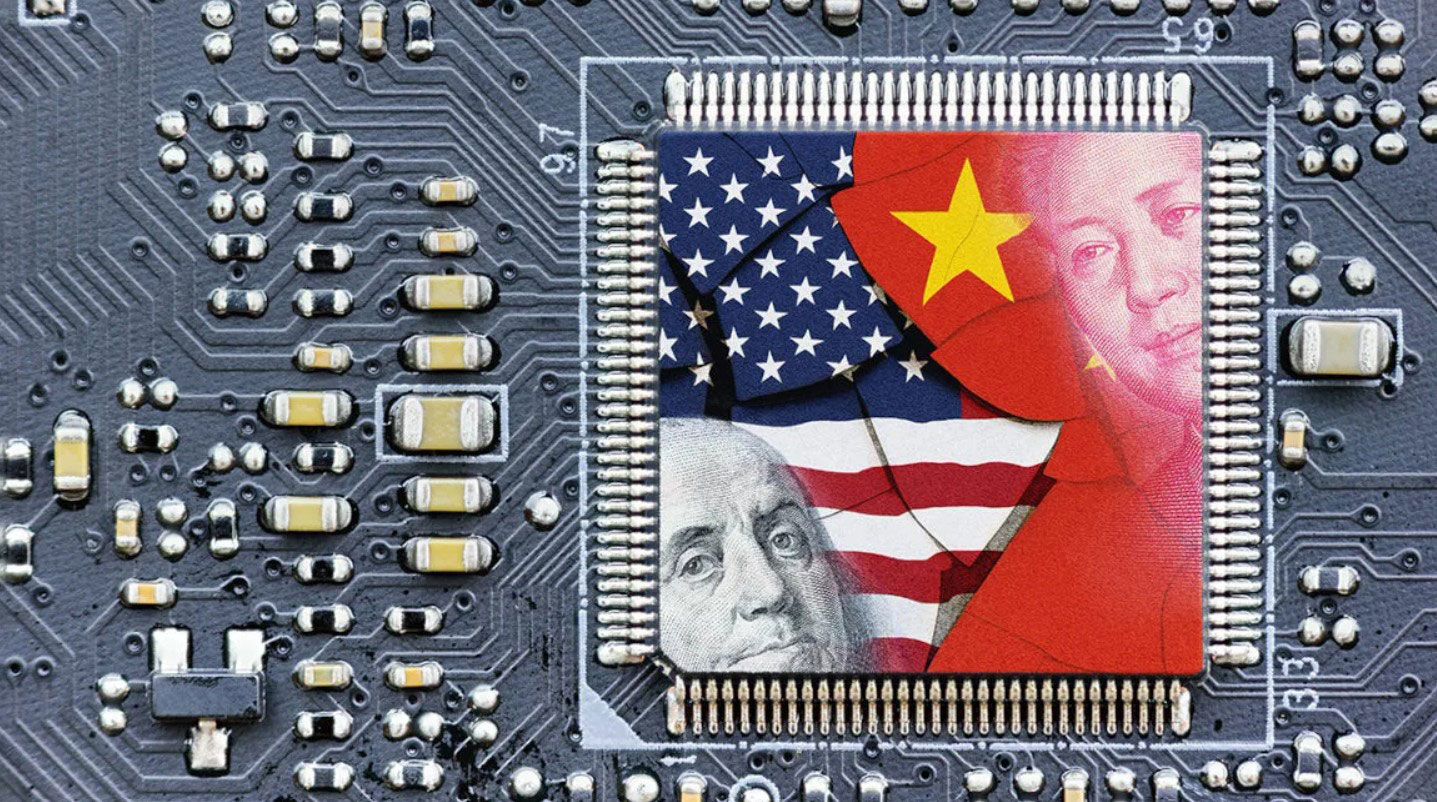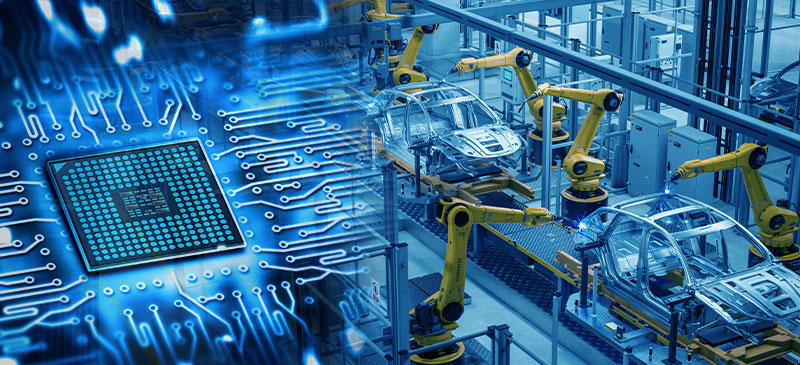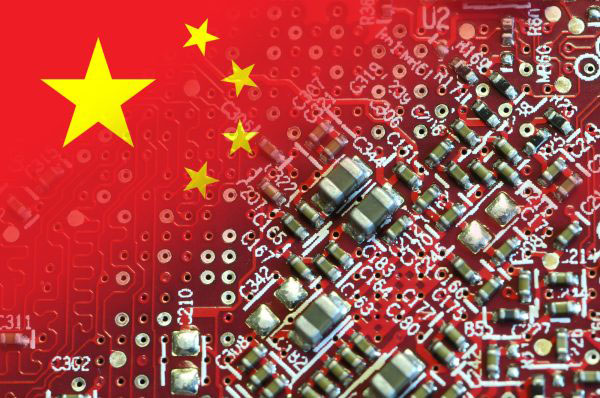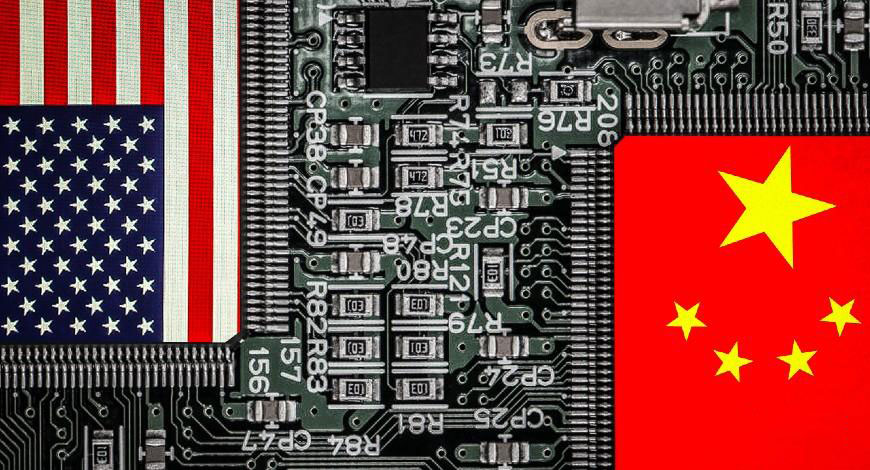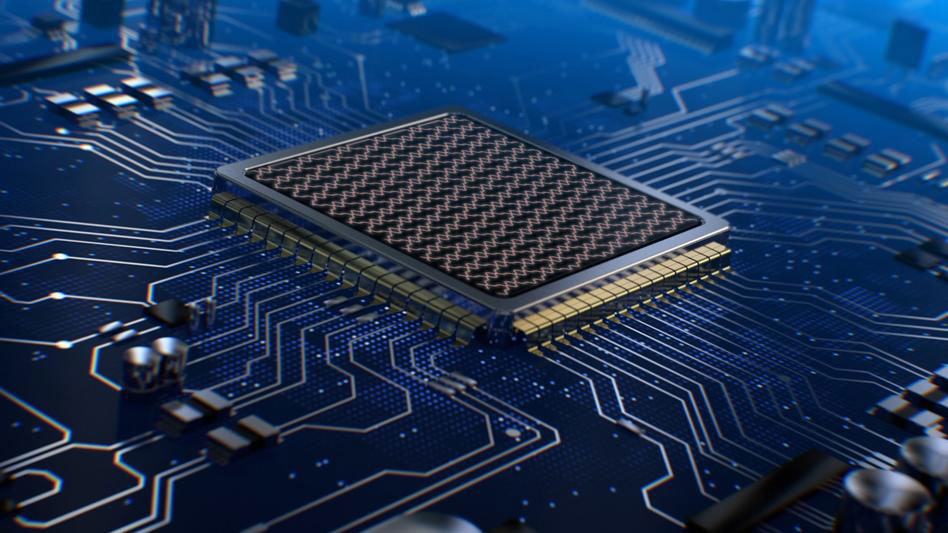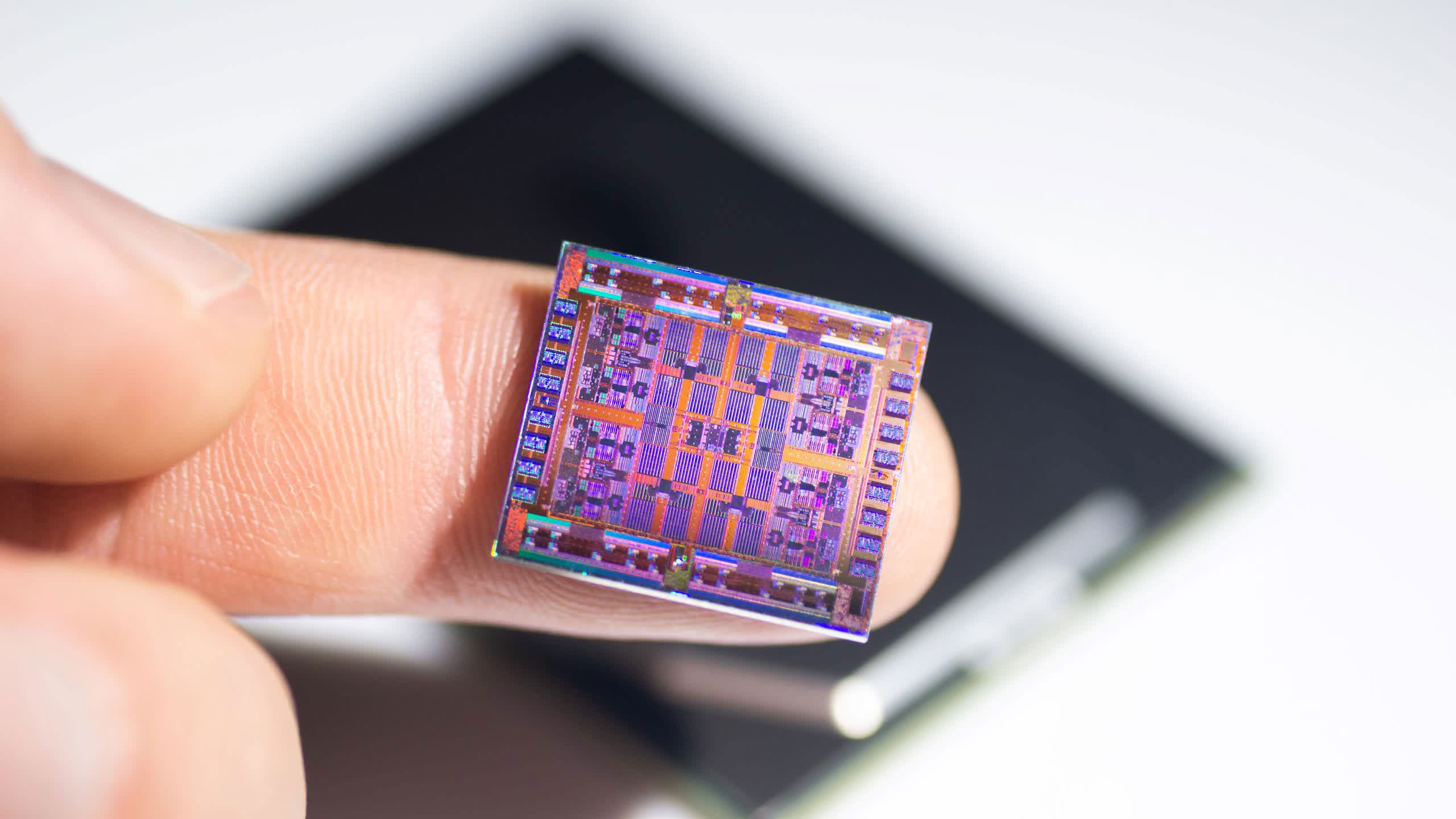The Global Semiconductor Market
The semiconductor industry plays a pivotal role in the global economy, driving advancements in technology across diverse sectors, including consumer electronics, automotive, telecommunications, and healthcare.
The global semiconductor market was valued at approximately $500 billion in 2022 and is projected to reach around $1 trillion by 2030, growing at a CAGR (compound annual growth rate) of about 8% during the forecast period.

Key Market Trends
- Increased Demand for AI and IoT: The surge in artificial intelligence (AI) and the Internet of Things (IoT) has drastically increased the demand for advanced microchips. Specialized chips such as neural processing units (NPUs) and application-specific integrated circuits (ASICs) are becoming crucial components in various applications.
- Supply Chain Resilience: The COVID-19 pandemic exposed vulnerabilities in the semiconductor supply chain. Companies are now focusing on building more resilient supply chains to mitigate risks associated with geopolitical tensions and natural disasters.
- Technological Innovations: Advancements in semiconductor technology, such as 5nm and 7nm fabrication processes, are enabling manufacturers to produce faster, more efficient chips while consuming less power.
- Sustainability Initiatives: There is an increasing emphasis on sustainable manufacturing practices. Companies are investing in green technologies and circular economy principles, focusing on reducing electronic waste and energy consumption.

